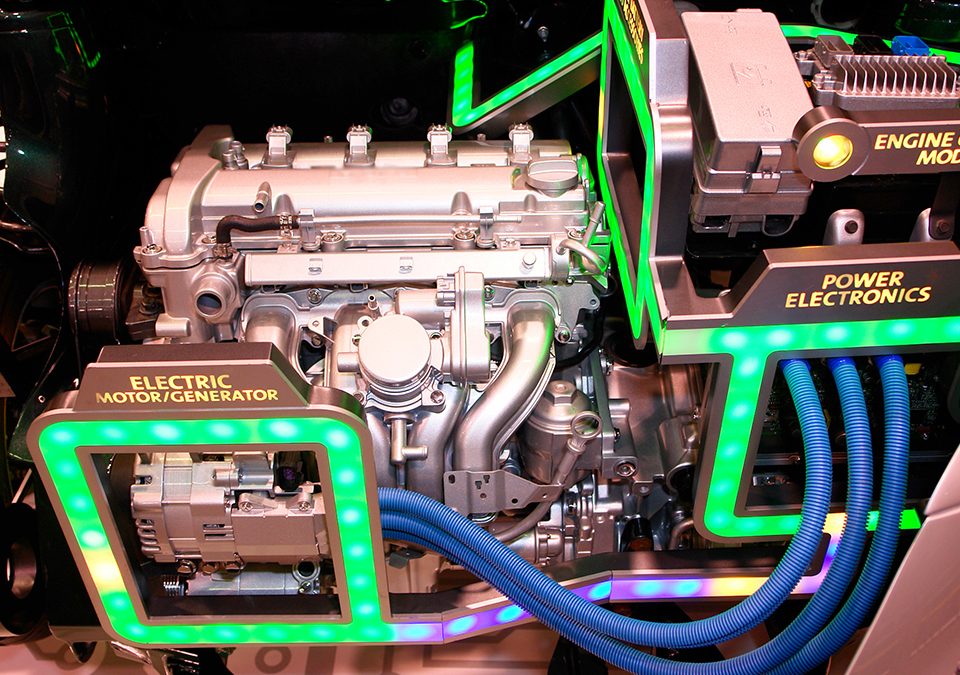State, Private Entities Build Out Electric Vehicle Infrastructure
Kiwis Look to Pumped Storage to Meet Climate Goals
July 29, 2020Energy Fairness Applauds Common-Sense Action on EPA Methane Gas Rule.
August 13, 2020We’ve written many times in the past about the bright future ahead for electric vehicles (EVs). While the Covid-19 pandemic has taken its toll on auto sales, the EV industry is expected to rebound and continue to grow. In fact, one study found that electric vehicles will comprise a third of new vehicles sold by 2030.
While worldwide auto sales aren’t expected to return to pre-pandemic levels until 2024, EV sales are expected to hit 2.5 million this year. Based on a projected annual growth rate of 29%, sales should increase to 31.1 million by the end of this decade or 81% of all vehicles sold. This is excellent news for both the EV industry and the fight against climate-warming emissions.
“The price premium attached to many electric vehicles restricted some early adopters, but, as the cost of EVs has converged with petrol and diesel equivalents, the pool of prospective buyers is set to increase,” said Jamie Hamilton, head of EVs at Deloitte. “A wider range of new electric vehicles, combined with a growing second-hand market, means EVs are becoming a more viable option for many.”
A perceived lack of charging infrastructure and a lower travel range than conventional gas and diesel vehicles have given many potential buyers pause in making the ultimate purchase commitment. Fortunately, policymakers are working proactively to ensure that these perceived inadequacies of EV are relics of the past.
For example, Florida is taking action to expand its network of EV charging stations along its thousands of miles of major interstates and highways. Gov. Ron DeSantis announced $8.5 million in funding for new quick-charging stations along Interstates 75, 4, and 95 just last month. This funding, coupled with SB 7018 – an EV charging bill he signed into law in June – will lay the groundwork for a strong charging infrastructure in the state. SB 7018 directs the Florida Public Service Commission to develop EV charging stations along state highways.
“All this work will mean electric car owners will not have to worry about where they will be able to charge their car when using our major highways,” DeSantis said.
Besides this much needed action by Florida and other state governments, utilities are also moving with haste to support an influx of EVs. As we wrote back in January, power providers in many states are marketing off-peak charging as an attractive option for their ratepayers. Encouraging off-peak charging will help to reduce strain on the power grid.
If EV owners were to charge to their vehicles in the middle of the day or immediately after returning home from work during times of peak electricity demand, the system could overload. Smart charging systems could make off-peak charging convenient for consumers.
EV growth has been slow but steady over the years. We applaud the proactive actions that have been taken by lawmakers and utilities to ensure that there will be a robust charging infrastructure to meet the ever-surging demand for electric vehicles.
Online recommendations
- Non Gamstop Casinos
- Casino Non Aams
- Casino Online Nuovi
- Casino Non Aams
- Slot Sites UK
- Non Gamstop Casino
- UK Online Casinos Not On Gamstop
- UK Online Casinos Not On Gamstop
- Casino Sites Not On Gamstop
- Online Casinos
- Best Non Gamstop Casinos
- Non Gamstop Casino Sites UK
- Non Gamstop Casinos UK
- UK Betting Sites Not On Gamstop
- Casinos Not On Gamstop
- Non Gamstop Casinos
- Non Gamstop Casinos
- Best Non Gamstop Casinos
- UK Online Casinos Not On Gamstop
- Casino Sites Not On Gamstop
- Non Gamstop Casino
- Casino Not On Gamstop
- Casinos Not On Gamstop
- New Non Gamstop Casinos No Deposit Bonus
- Casino Non Aams
- Migliori Casino Online
- Crypto Casino
- Meilleurs Sites De Paris Sportifs Belgique
- Casino Con Prelievo Visa
- Site De Poker En Ligne Francais
- Meilleur Site De Paris Sportif Hors Arjel
- 出金早いオンラインカジノ
- Casino En Ligne
- Casino En Ligne
- オンラインカジノサイト
- Casinos En Ligne France
- Bitcoin Casino Italia
- Casino En Ligne
- Nuovi Siti Scommesse Online
- Top Casino En Ligne

